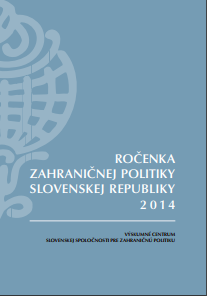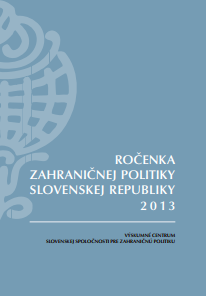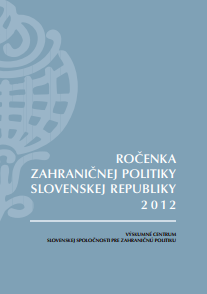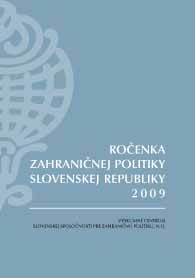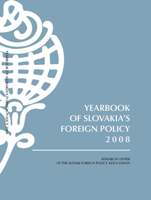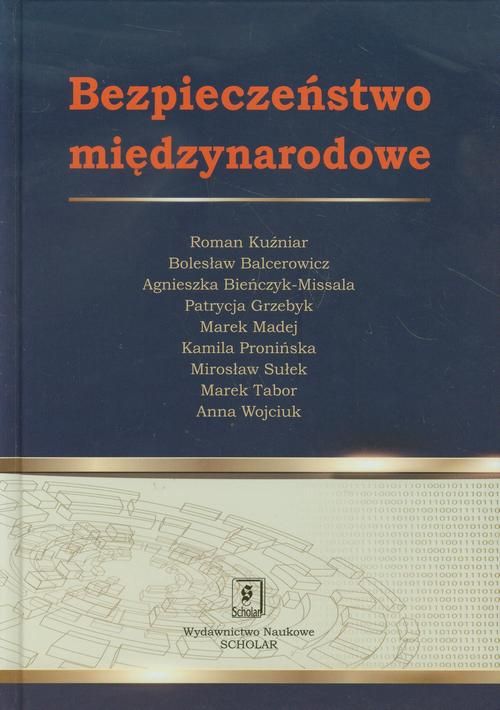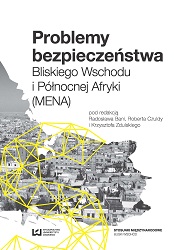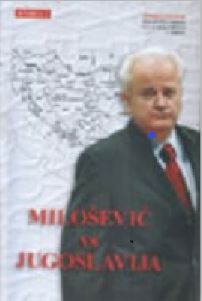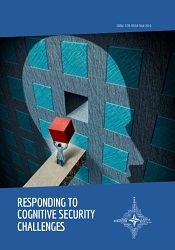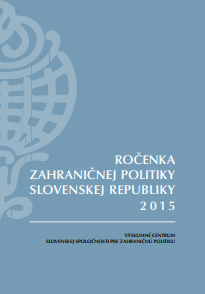
Bezpečnostná politika SR v roku 2015
Rok 2015 sa v európskej bezpečnostnej politike niesol v duchu hrozieb nekonvenč- ného charakteru, najmä medzinárodného terorizmu, migračných vĺn a pokračujúcej nestability na Ukrajine, ktorá súvisí s inváziou ruských ozbrojených síl počas rokov 2014 a 2015. Na domácej scéne išlo o čiastkové pokroky v oblasti vyzbrojovania a akvizície vojenského materiálu a systematické odkladanie strategických rozhodnutí v kľúčových oblastiach obrany a bezpečnosti, najmä bezpečnostných dokumentov a regionálnej spolupráce. Táto štúdia sa venuje hodnoteniu bezpečnostnej politiky SR za rok 2015. Hlavný- mi ukazovateľmi, ktoré ovplyvnili politiku, boli bezpečnostné krízy a výzvy a reakcie na ne, rovnako ako snaha SR o vytvorenie spôsobilostí, ktoré sú nevyhnutné na ich odvrátenie a riešenie.
More...
